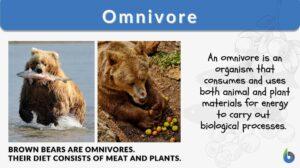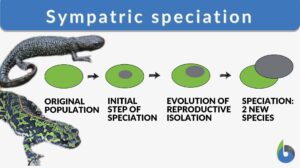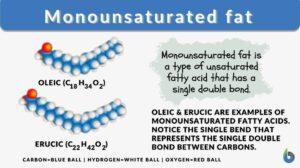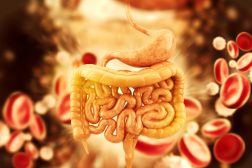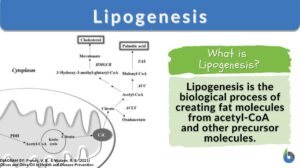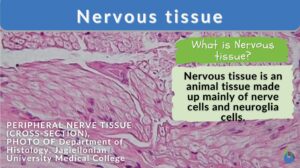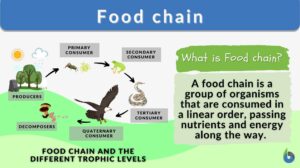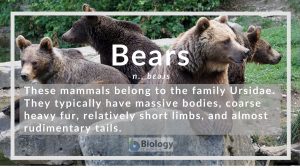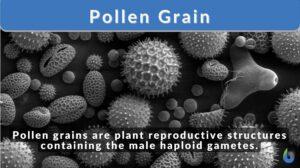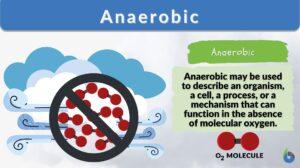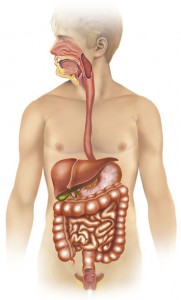Search Results for: diets
Humans are Omnivores – Evidence
A number of popular myths about vegetarianism sprung with no scientific basis. One example of such a myth is that man is... Read More
Sympatric speciation
Speciation is a process of evolution through which two different existing populations evolve and a distinct species form. It... Read More
Carnivorous diet
Definition noun A type of diet consisting mainly or exclusively of animal meat or tissues Supplement A carnivorous diet is a... Read More
Monounsaturated fat
What is monounsaturated fat? Monounsaturated fats are healthy dietary fats. They are liquid at room temperature. Unlike... Read More
Human Biology – Food and Digestion
Food is what is required by humans to grow and survive, and provide a 'fuel' for the energy needed in our biological... Read More
Regulation of Organic Metabolism, Growth and Energy Balance
Organic Metabolism Events of Absorptive and Post-absorptive States. The absorptive state is the period during which... Read More
Lipogenesis
Lipogenesis Definition Lipogenesis is the process of producing lipid or fat to store biochemical energy for later metabolic... Read More
Nervous tissue
Nervous Tissue Definition Nerve cells (or neurons) and their associated cells, such as neuroglia cells, make up nervous... Read More
Vegetarian diet
Definition noun The type of diet comprised mainly or exclusively of edible plant tissues, organs and products, and excluding... Read More
Food chain
Everything is a cycle in life. The way organisms consume their food also follows a cycle. This is usually described as the... Read More
Metabolic rate
Definition noun (1) The rate of metabolism, i.e. the amount of energy used in a certain period. (2) closely approximated* by... Read More
Pollen Grain
What are Pollen Grains? Plants are unique structures and so they carry out mechanisms in special ways. Fertilization in... Read More
Gluconeogenesis
Definition noun The metabolic process in which glucose is formed from non-carbohydrate precursors Supplement Glucose is an... Read More
Carbohydrate
Carbohydrate Definition A biomolecule refers to any molecule that is produced by living organisms. As such, most of them... Read More
How Celiac Disease Affects The Digestive System
Celiac disease is a condition that affects the digestive systems of many individuals all over the world, and in this... Read More
